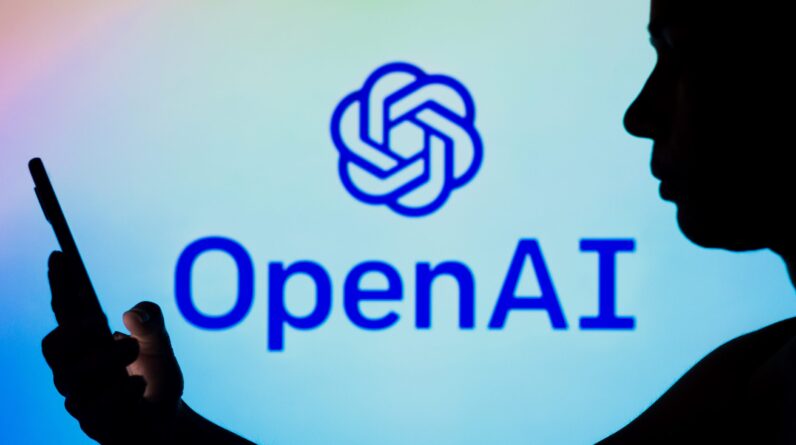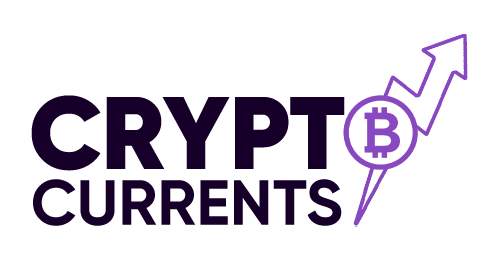
In the ever-evolving realm of artificial intelligence, OpenAI continues to make headlines with groundbreaking advancements and initiatives. From new AI models to strategic partnerships and ethical considerations, OpenAI is at the forefront of the AI revolution. Here’s a comprehensive look at the recent news surrounding OpenAI and its implications for the future.
Launch of GPT-4
OpenAI’s release of GPT-4 has set a new benchmark in natural language processing. GPT-4, the latest iteration of OpenAI’s generative pre-trained transformers, boasts significant improvements over its predecessor, GPT-3. It offers enhanced accuracy, context understanding, and language generation capabilities, making it an invaluable tool for businesses, researchers, and developers.
Key features of GPT-4 include:
- Advanced Language Understanding: GPT-4 can comprehend and generate more nuanced and contextually relevant responses.
- Multimodal Capabilities: The new model can process and generate text and images, opening up new possibilities for applications in creative industries.
- Scalability and Efficiency: GPT-4 is designed to be more scalable and efficient, making it accessible to a broader audience while reducing computational costs.
Strategic partnerships and collaborations
OpenAI’s strategic partnerships are pivotal in expanding the reach and impact of its technologies. Recently, OpenAI announced collaborations with several tech giants and academic institutions to foster innovation and ethical AI deployment.
Some notable partnerships include:
- Microsoft: Continuing its long-standing partnership, OpenAI and Microsoft are working on integrating GPT-4 into Azure, making advanced AI capabilities available to businesses worldwide.
- Google Cloud: This partnership aims to leverage Google’s robust cloud infrastructure to enhance the performance and accessibility of OpenAI’s models.
- Stanford University: OpenAI is collaborating with Stanford to advance AI research, focusing on ethical considerations and the societal impact of AI technologies.
Ethical AI and regulatory compliance
As AI technology becomes more pervasive, ethical considerations and regulatory compliance are paramount. OpenAI is committed to developing AI responsibly, ensuring that its technologies are used for the greater good.
Recent initiatives include:
- AI Ethics Committee: OpenAI has established an ethics committee comprising experts from diverse fields to oversee the ethical implications of its AI developments.
- Transparency Reports: OpenAI regularly publishes transparency reports detailing the use and impact of its technologies, fostering trust and accountability.
- Regulatory Engagement: OpenAI actively engages with policymakers and regulatory bodies to shape the future of AI governance, advocating for policies that promote innovation while safeguarding public interest.
OpenAI Codex: revolutionizing programming
The introduction of OpenAI Codex is another significant milestone. Codex, an AI system that translates natural language into code, is transforming the programming landscape. By enabling developers to write code using simple, plain-English commands, Codex is making software development more accessible and efficient.
Key benefits of OpenAI Codex include:
- Increased Productivity: Developers can significantly speed up the coding process, reducing time-to-market for new applications.
- Learning and Education: Codex serves as a powerful tool for teaching programming, helping novices understand complex coding concepts through natural language.
- Innovation Enablement: By lowering the barrier to entry, Codex empowers a broader range of individuals to create innovative software solutions.
Future prospects and challenges
Looking ahead, OpenAI’s trajectory is poised for continued growth and innovation. The organization’s focus on expanding AI capabilities, fostering strategic partnerships, and maintaining ethical standards will be crucial in navigating the challenges and opportunities that lie ahead.
However, the path forward is not without challenges. Issues such as data privacy, algorithmic bias, and the digital divide require ongoing attention and proactive measures. OpenAI’s commitment to addressing these challenges will be essential in ensuring that AI technologies benefit all of humanity.
OpenAI’s recent advancements underscore its pivotal role in shaping the future of artificial intelligence. With the launch of GPT-4, strategic collaborations, a strong focus on ethical AI, and innovative tools like OpenAI Codex, the organization is driving the AI revolution forward. As OpenAI continues to navigate the complexities of this dynamic field, its contributions will undoubtedly have a profound impact on technology and society.
By staying informed about OpenAI’s latest developments, businesses, researchers, and enthusiasts can better understand the evolving AI landscape and leverage these advancements to drive innovation and achieve new heights in their respective domains.
Read also: Top 5 NFT games shaping the future of web3 gaming


![THESE BITCOIN WHALES JUST FOOLED EVERYONE! [Exact strategy....]](https://www.cryptocurrents.net/wp-content/uploads/2024/08/these-bitcoin-whales-just-fooled-everyone-exact-strategy-WhgubJxMmeA-796x445.jpg)

![WARNING: EVERY BITCOIN BEAR WILL BE LEFT CRYING [Huge chart.....]](https://www.cryptocurrents.net/wp-content/uploads/2024/08/warning-every-bitcoin-bear-will-be-left-crying-huge-chart-jgadWvvgEJw-796x445.jpg)

